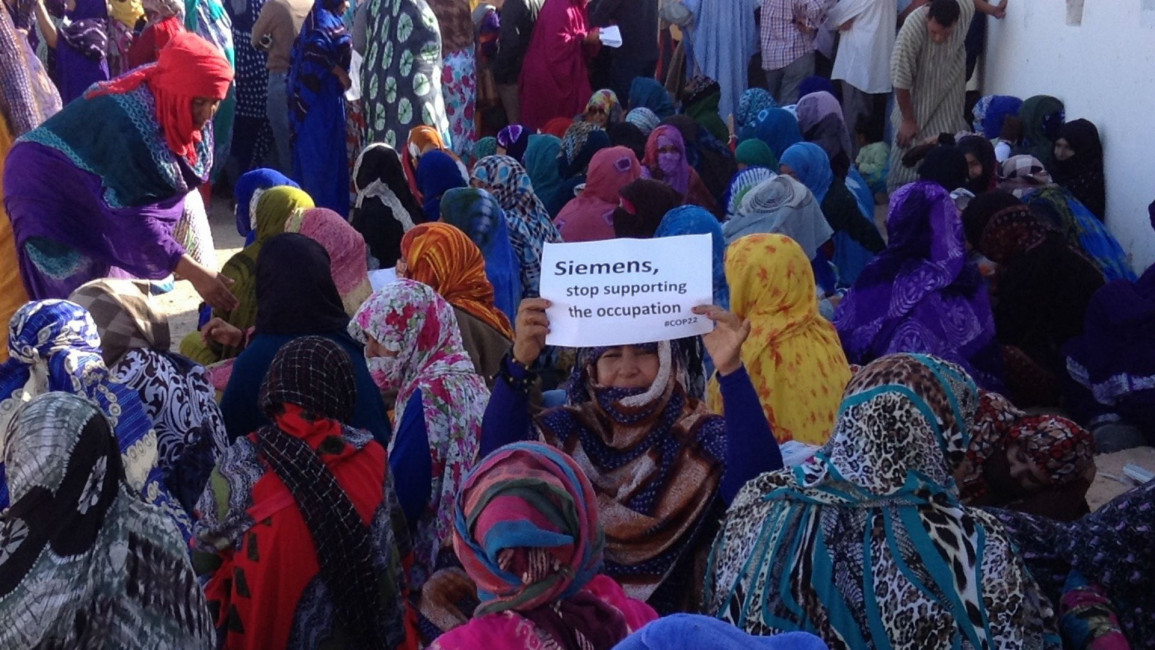Protests break out in Western Sahara during climate summit
Protests began in Western Sahara yesterday against energy companies Siemens and Enel, over large numbers of renewable wind and solar plants which were built without permission from the local Saharawi population.
The protests in the region's capital, Laayoune, coincide with the UN's climate change conference, COP22, which kicked off on Monday in Marrakech.
"Siemens shouldn't back Morocco's occupation of Western Sahara through energy infrastructure," Western Sahara Resource Watch (WRSW) said in a tweet.
The International Covenant on Civil & Political Rights (ICCPR) published a report on 4th November which voiced concerns over "information the state did not take all measures necessary to consult the people of Western Sahara on the exploitation of natural resources in Western Sahara."
The ICCPR also reported their concerns over the "persistence of allegations of torture and cruel, inhumane or degrading treatment perpetrated by state agents in Morocco and Western Sahara."
Abdessalam Salhi, a young Saharawi man, set himself alight in Laayoune on November 3 in protest against living conditions. He suffered 98 percent burns and was transferred to Marrakesh hospital.
A spokesperson for Siemens did not respond to a request for comment.
German state-owned bank KFW, the World Bank, the European Investment Bank, and the European Union have all refused to finance development projects in Western Sahara.
"If we support those investments, it would look like we are supporting the Moroccan position. We are neutral regarding that conflict," an anonymous banker told Reuters.
Morocco has claimed control over Western Sahara since 1975. On top of the region's excellent renewable energy potential, it is also rich in phosphates and fishing stock.

